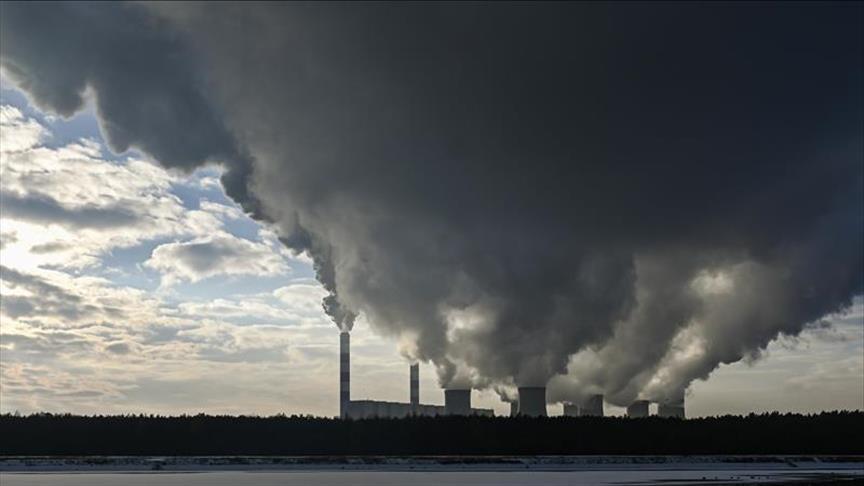The UK is scheduled to shut down its last coal-fired power plant on Monday, becoming the first G7 country to go coal-free.
Today marks the end of electricity production at the Ratcliffe-on-Soar plant in Nottinghamshire, England, after 57 years of operation, marking the end of Britain’s 142-year legacy of coal-fired electricity generation.
Around 100 employees at the Dusseldorf-based Uniper-operated power plant will be involved in the decommissioning process over the next two years, while the company plans to employ workers in other power plants or train them to find jobs in different areas within the energy industry.
The UK will be the first G7 major industrialized country to phase out coal in the electricity sector.
In April, Climate, Energy and Environment Ministers of G7 countries met in Italy and agreed to phase out existing unabated coal power generation in their energy systems during the first half of the 2030s.
According to an analysis by London-based think tank Ember, the share of coal, which has been used in the UK’s electricity generation since 1882, fell to 39% in 2012 and 2% in 2019.
In 2015, the UK had announced it would phase out coal-fired electricity generation by 2025.
The UK’s energy mix has transformed, with the share of coal in electricity generation declining steadily in favor of renewable sources like solar and wind power.
Although natural gas plays a significant role in the country’s energy supply, the UK remains committed to achieving a completely carbon-free electricity generation system by 2030.
– Share of coal in power generation steadily dropping
According to an analysis by Ember, coal’s share of electricity generation within the Organization for Economic Cooperation and Development (OECD) dropped to 17% last year, down from its peak of 36% in 2007.
Currently, a third of OECD countries refrain from using coal in their electricity generation. These include Costa Rica, Estonia and Lithuania, which have never used coal, as well as Switzerland, Luxembourg, Latvia, Belgium, Belgium, Sweden, Austria, Portugal, Norway, Norway and Slovakia, which have closed existing coal plants.
Meanwhile, British Energy Minister Michael Shanks described the closure as ‘the end of an era’
Alexandru Mustata, a campaigner at Beyond Fossil Fuels, said that the closure of the UK’s last coal power plant is ‘a victory for renewable energy and all who fought to end coal power.’
‘Coal hasn’t simply faded away—the UK has actively replaced it with healthier, cheaper, more secure renewable alternatives,’ Mustata said.
‘European countries still burning coal should take heed: with strong action against polluters, engaged civil society, and cross-party political consensus, a swift and just transition to a secure and affordable renewables-based power system is well within reach,’ he added.

